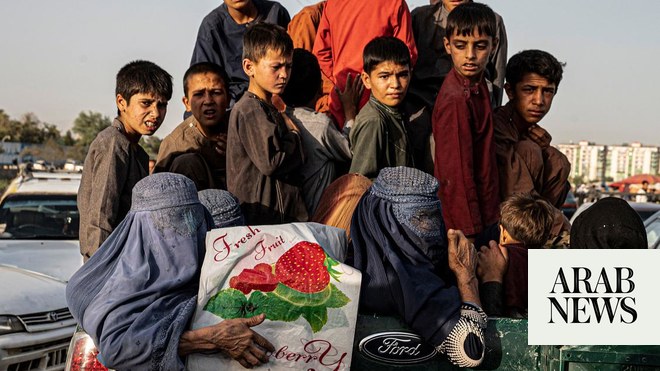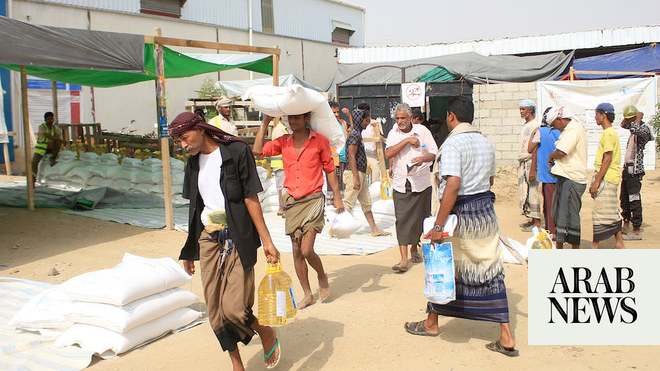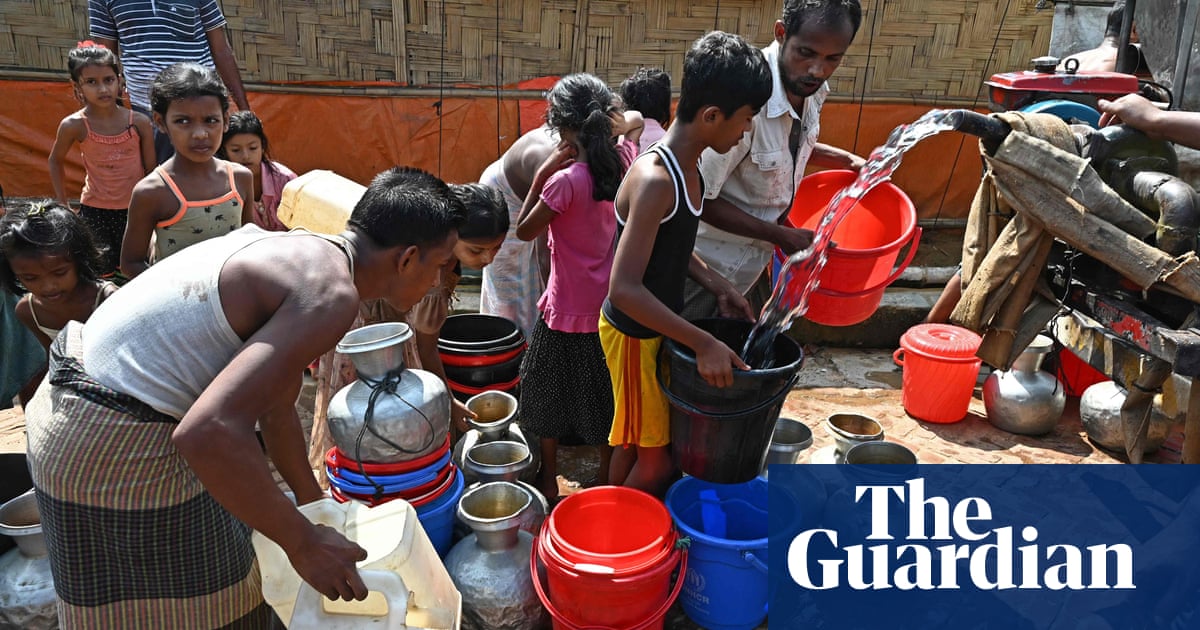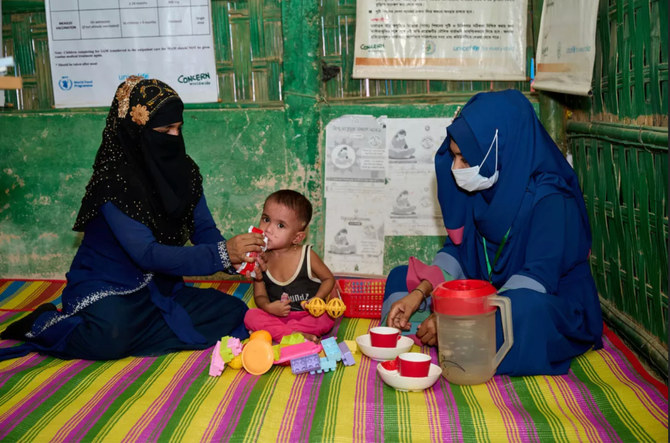
At least 5 million people in Yemen are on the brink of famine and a further 16 million are “marching toward starvation”, as the country’s humanitarian crisis spirals out of control.
The situation in Yemen, which has been torn apart by civil war, has been described as “rapidly deteriorating” by experts.
The World Food Programme (WFP) has raised grave concerns about the number of people facing starvation over the coming weeks and months.
The WFP’s executive director David Beasley said supply chains in the country had been disrupted and food prices were “spiking”.
He said: “With food pricing and the lack of fuel, it is catastrophic. We’ve got 5 million people right now knocking on famine’s door, we’ve got 16 million people marching toward starvation.”
Beasley also told the UN general assembly that without further funding, the organisation will be forced to cut 3.2 million people’s food rations by October, increasing to 5 million people by December.
The WFP’s spokesperson for Yemen, Annabel Symington, said that Yemenis have been left unable to afford basic food supplies.
“The causes of the hunger crisis in Yemen are complex, but the impact on Yemenis is clear. The devaluation of the Yemeni riyal and soaring food prices have made it impossible for ordinary Yemenis to afford basic foods,” she said.
“We need $797m [£580m] to maintain current levels of assistance for the next six months and WFP is at risk of running out of food from October.”
Adam Kelwick, a humanitarian aid worker in Yemen for the NGO Action For Humanity, described the situation as “desperate”.
He visited al-Sabaeen hospital, in the western city of Sana’a, on Tuesday and said it was “full to the brink” with starving, malnourished children.
“They had to expand into other wards to accommodate all these children,” he said. “It was a horrific scene where there were beds full of children who looked like skeletons.
“It’s clear to see the situation is rapidly deteriorating and the reason children are so severely malnourished is because their mothers are malnourished as well.
“Obviously, that means they are unable to breastfeed their children and they end up in this terrible situation.”
He said that even Yemeni families who are fortunate enough to have a source of income are facing the same food poverty.
“I spoke to one mother and although her family has employment and sources of income, it is very limited,” he said.
“She had a small daughter called Hanan, who was 18 months old and weighed 5kg.
“She said their money doesn’t go anywhere any more. Prices for everything have increased. There is food in Yemen but it’s expensive and out of people’s budgets.”
He said the woman, who lives on the outskirts of Sana’a, Yemen’s capital city, told him her family earns $100 (£73) a month, but it is not enough to afford basic food supplies.
The main reason food is so scarce is the conflict means supplies cannot be transported into areas where there are roadblocks and fighting.
Places hit by the most intense conflict, such as Marib, al-Hodeida, Taiz, al-Dhale and Lahij, are among those most in need of humanitarian aid.
The UK cut aid to Yemen by 60% earlier this year.












